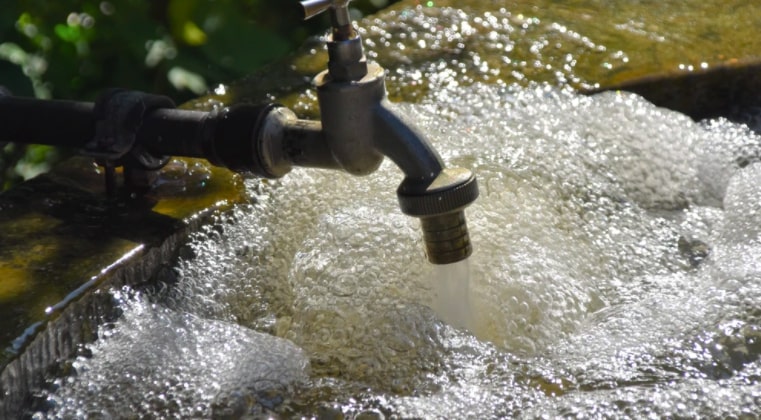The Cape Town drought left the city facing a harrowing reality of becoming the first metropolitan city in the world to have no water. ‘Day Zero’ taught Capetonians to be frugal with their water usage and how water truly is a life source.
During the drought, citizens reduced water use, reused grey water, and, increasingly, started to tap into groundwater for their needs. This raised new questions about how groundwater was managed for both private and bulk water supply going forward.
Now, the World Wide Fund for Nature (WWF) South Africa has secured a two-year sponsorship from the Danish government that will help ensure that the city’s groundwater supply is managed sustainably into the future.
Groundwater is typically a fallback resource in times of drought. Unmonitored and unregulated abstraction of groundwater, especially under an uncertain changing climate, poses a risk to water security.
During the ‘Day Zero’ drought there was a substantial yet undocumented increase in the number of boreholes and well points throughout the City of Cape Town. To better understand what was happening to the city’s groundwater supply, AB InBev funded a pilot project which included a citizen science survey and initiated a groundwater monitoring network in Cape Town.
This work has already improved the understanding of groundwater use in some residential and industrial areas and has set in motion a growing monitoring network that will help to inform the management of groundwater abstraction in the greater Cape Town area.
The Danish Ambassador to South Africa Mr Tobias Elling Rehfeld, Embassy of Denmark, added: “We are very proud to be joining and supporting this partnership. It is a strong group of partners and I have great expectations for what this partnership can do in supporting the management of the important ground water resource. I believe in the partnership approach for natural resource management – an approach we have practised with great success in Denmark for the last 150 years. I also expect that the Table Mountain Water Source Partnership can set best practice standards that can be applied both nationally and on the African continent.”
Image: Unsplash

